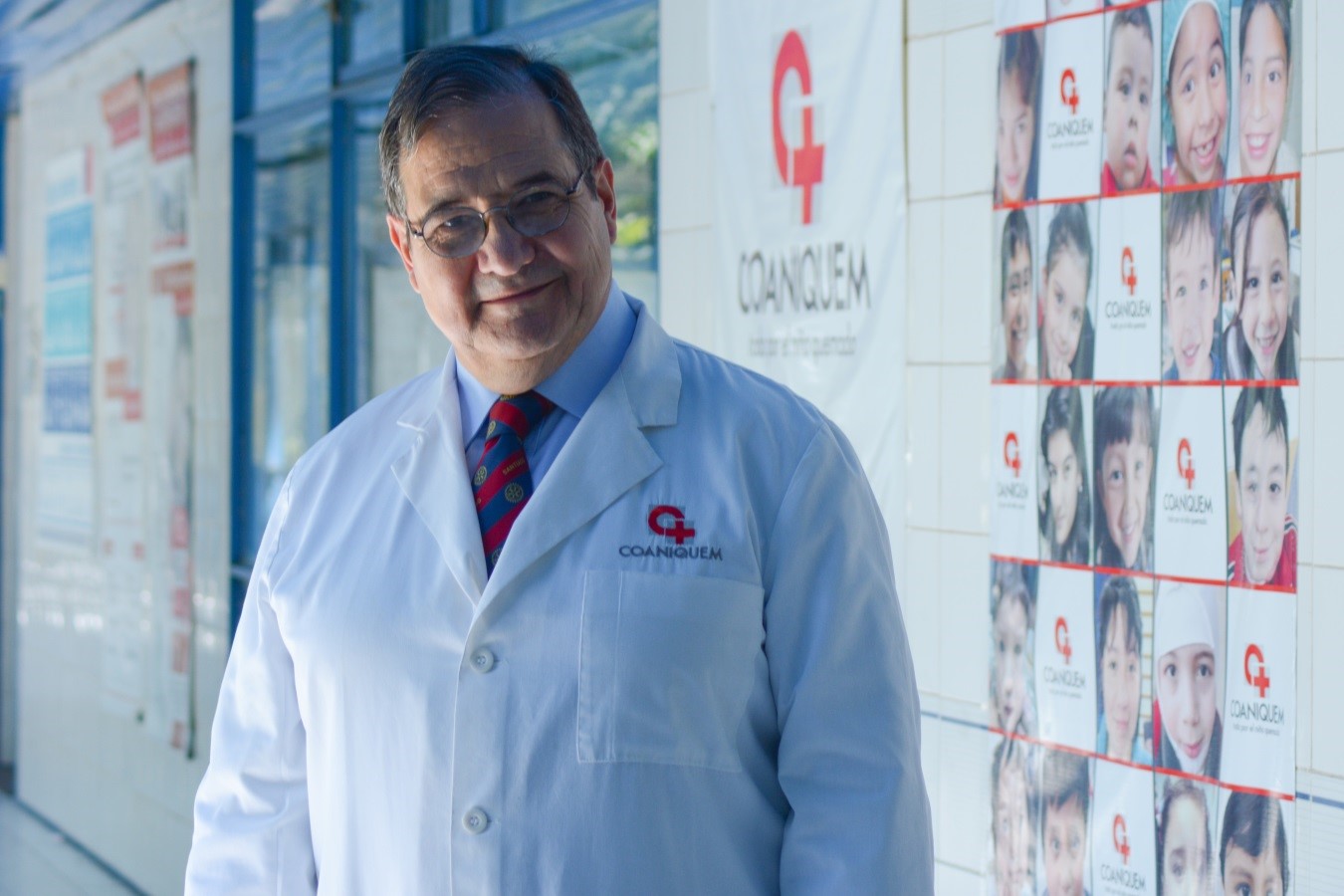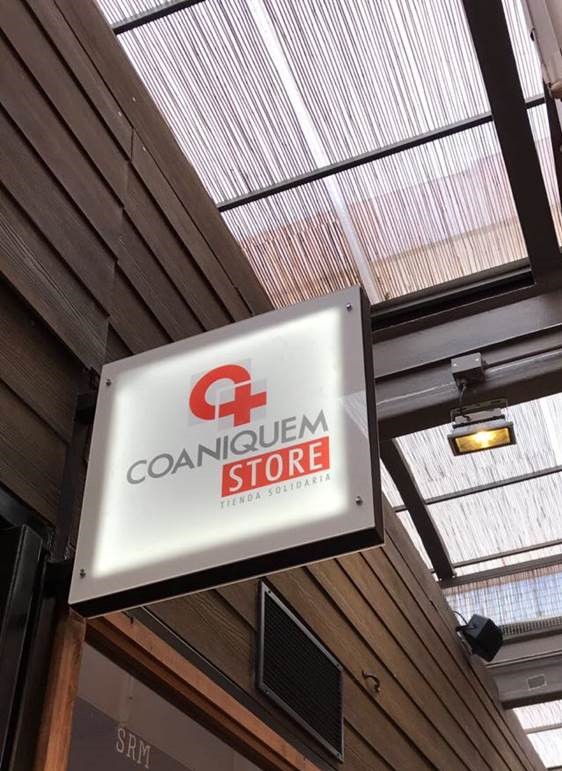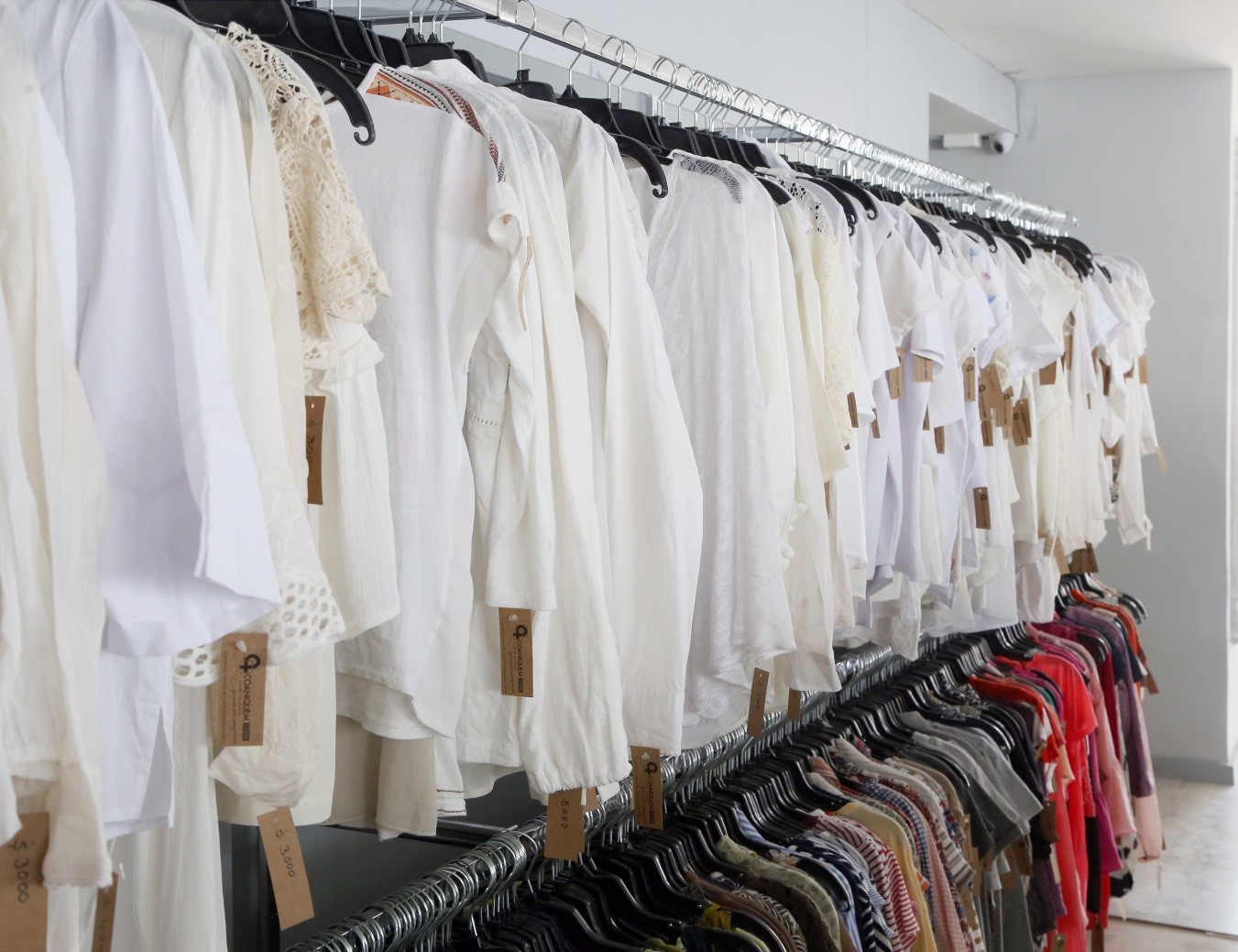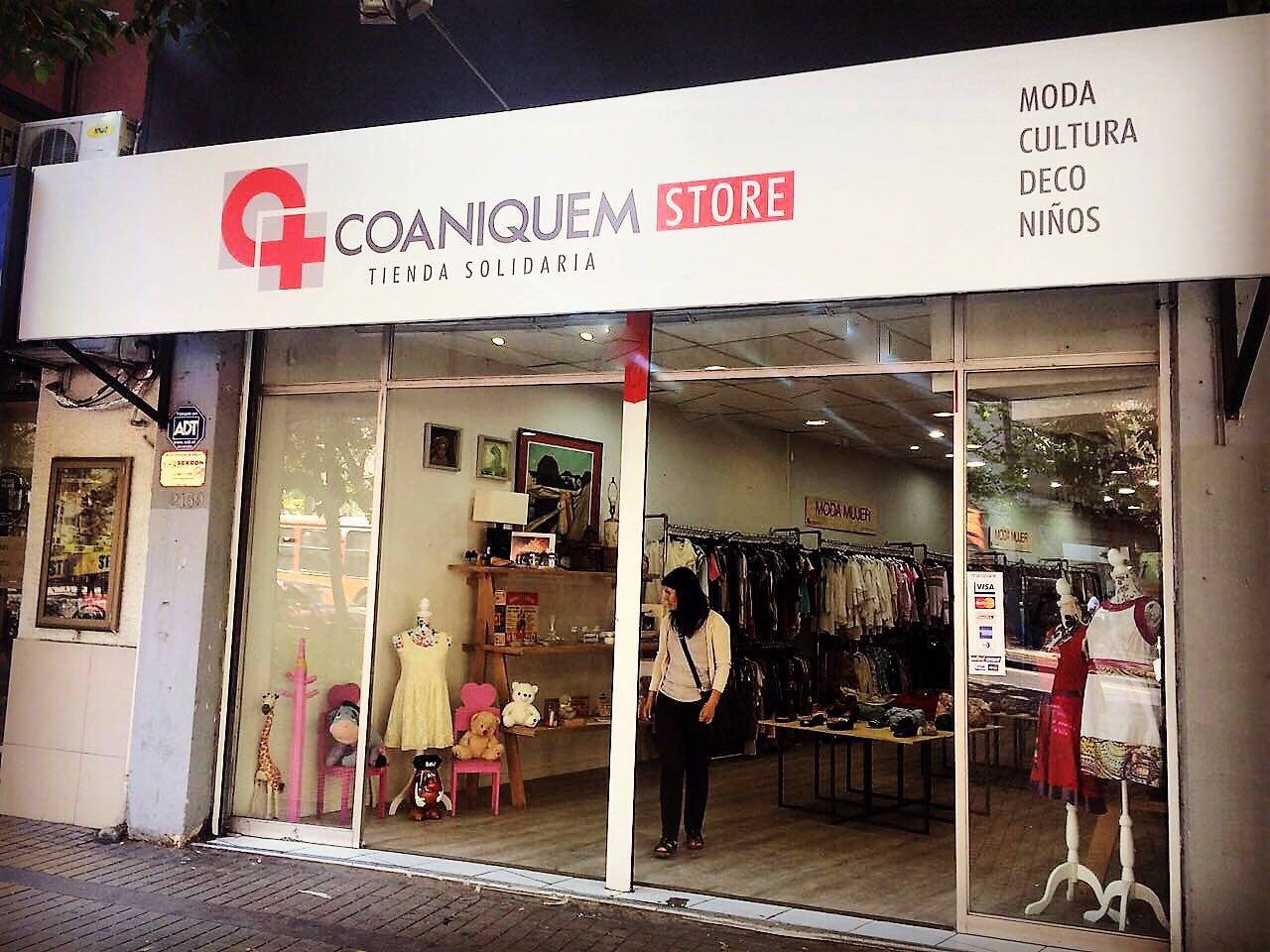 COANIQUEM, 38 Years of History
COANIQUEM, 38 Years of History
“Corporación de Ayuda al Niño Quemado,” COANIQUEM, was born in Chile in 1979 due to the concern of a group of young professionals who worked in the Burns Unit of the Dr. Roberto del Río Hospital and who saw the need to develop techniques and rehabilitation treatments for children with burns, advanced concepts for that time when rehabilitation was not considered a priority in health.
The main motivation of COANIQUEM is to serve its patients with a technically excellent devotion and a warm welcome, in which they feel the protagonists of their recovery. The main objectives of the institution are to provide integral and completely free rehabilitation to children with sequels of burns and other scars; prevent burns in those under 18; train health professionals and technicians who face these problems; and perform scientific research aimed at improving the treatment of children with burns.
COANIQUEM has three rehabilitation centers located in the cities of Antofagasta, Santiago, and Puerto Montt, where each year the integral and free treatment of 8,000 children and young people is provided, with the center of Santiago including a Residence of 32 rooms and a School Hospital, which allows patients who require overnight stays to have one of their parents accompany them and to attend school. In turn, 19 offices distributed throughout the country allow patients access to rehabilitation centers.
At the international level and as the first initiative that seeks to share the experience of the institution with other countries, in the year 1998, RotaryQuem América del Sur was created, a program that benefits eight countries (Peru, Bolivia, Uruguay, Brazil, Paraguay, Argentina, and Ecuador). For its part, and in order to strengthen the support of COANIQUEM in the region, in 1999 the COANIQUEM BCF Foundation (Niños Quemados Foundation) was established in the United States with offices in Washington, D.C. and with advisory boards created in various cities of the union like San Francisco, Washington, Miami, Houston, Dallas, and Los Angeles. Today the International Program of COANIQUEM maintains relationships with 20 countries in the Americas through burn prevention campaigns, training of health professionals, and care of patients from various countries in the rehabilitation centers of COANIQUEM in Chile.
With 38 years of history and having rehabilitated more than 125,000 patients from Chile and America, trained more than 15,000 burn prevention monitors and hundreds of health professionals, the main challenges COANIQUEM focused on is extending even more of the benefit of the institution to all who need it, eliminating possible barriers; continuing to consolidate a team of professionals, technicians, and other collaborators who recognize in the institution the best place to work and perform professionally and humanely, following the ideology of COANIQUEM; maintaining the permanently update of infrastructure, technology, and equipment; continuing to contribute to the national and international community contents of prevention of burn injuries; and consolidating and deepening the training and research work at both the national and international level.
In this scenario and considering the benefits that COANIQUEM hands over to its beneficiaries are completely free, it is necessary to develop programs and projects that generate resources in a sustainable manner over time and in turn involve the community by producing long-term adherence to COANIQUEM by seeking added value to the community in other dimensions beyond obtaining resources (environmental, educational, social). This is how during 2017 a Solidarity Stores project was developed.
 COANIQUEM Store: Our Solidarity Stores
COANIQUEM Store: Our Solidarity Stores
The concept of our Solidarity Stores is based on the Charity Shop and Thrift Stores present in the United Kingdom, the United States, Australia, and other countries. In these stores, donations of clothing and other items are received from the community, which, when sold in a store, are transformed into profits that go towards helping the causes that each charity supports. The stores are attended by staff of each foundation together with a group of volunteers who support the cause.
In Chile, high-standard used clothing stores have been widely developed in recent times, however their mix focuses on clothing and does not consider other types of reused products that make the offer more attractive such as toys and accessories for children, books, decoration, furniture, and products for the home. On the other hand, until the emergence of COANIQUEM Store, the presence of solidarity stores in Chile was very incipient.
Given this opportunity, COANIQUEM decided to start the development of a network of stores that today has seven stores in operation and in the process of being inaugurated along with an ambitious growth plan for 2018.
 Our stores have pointed to variables of differentiation of various kinds, among others:
Our stores have pointed to variables of differentiation of various kinds, among others:
- Concept. By being part of a community of solidarity and supporting a good cause. The client plays a leading role: they buy, brings their donations, and often volunteer at the store.
- Product quality. Many donations are received, which supports the high selection of products and even luxury brands.
- Variety Mix. Not only clothing, but also books and paintings, toys, accessories for children, furniture, and objects of decoration and domestic use are sold.
- Replenishment and newnesses. The store changes every day, which makes it more interesting and increases the frequency of customer visits.
- Price. Our product cost is zero, so we have very low prices.
- Experience. In the stores the clients are received with the warmth of the volunteers and enjoy the variety mix and the novelties of each day.
On the other hand, the model allows us to create value in several dimensions:
- Support for children and youth with burns. All utilities will finance your treatment.
- Social Commitment. A solidarity within the community is formed in each store where people can help with their donations, their time as volunteers, and/or their purchase.
- Access to goods. The model allows low-income customers access to quality goods at very low prices.
- Environmental. The reuse of clothing and other objects sold in the store decreases the use of landfills and natural resources and the energy expenditure necessary to produce new products.
- For the third sector. The diffusion of a model like this and the verification of its success allows other foundations to consider this way of generating resources.
 Future Challenges
Future Challenges
Beyond the multiple challenges in terms of management that the implementation and accelerated growth of a project as indicated above, we are witnessing the implementation in Chile of a new model of solidarity, which feeds back to the community in which all of its members can actively participate.
In this scenario, beyond an adequate strategy for attracting donations and volunteers, adequate commercial and logistic plans and a cost control system, the main challenge of each store is to become a place relevant and meaningful for each context, where the diverse people who come to the store are welcomed and a vital and committed community of solidarity can be established, allowing the projection of each store over time, always keeping in mind the main objective of this project: the rehabilitation of children and youth with burns from Chile and America.
Author bio
Jorge Rojas Goldsack, Manager COANIQUEM Foundation, Chili
Master in Cultural Management from the Carlos III University of Madrid with AlBan Scholarship from the European Union, Spain
Psychologist at the University of Chile, Chile
Manager of social and cultural projects
Visual artist
Pilar Monreal Palma, Head of Marketing and Communications COANIQUEM Foundation, Chile
Master in Strategic Communication from the Adolfo Ibáñez University.
Chile Journalist of Universidad del Pacífico, Chile
Degree in Social Communication from Universidad del Pacífico, Chile


